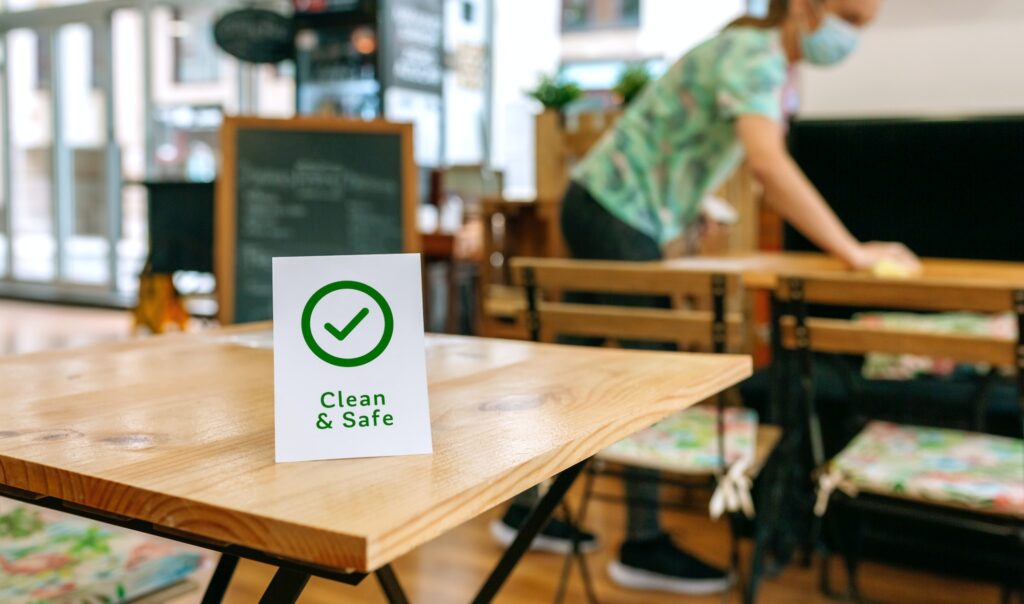HEPA (High-Efficiency Particulate Air) filters are widely used in environments where air quality is critical, such as hospitals, laboratories, and even homes. These filters are celebrated for their ability to capture airborne particles with exceptional efficiency, but concerns about safety—particularly the release of fiberglass particles—often surface. In this article, we explore the science behind HEPA filters, their safety, and alternative air purification methods while addressing frequently asked questions.

What Are HEPA Filters?
Definition and Efficiency
HEPA filters are designed to capture 99.97% of airborne particles as small as 0.3 microns, effectively trapping dust, pollen, mold spores, and bacteria. Commonly constructed from polypropylene or fiberglass, HEPA filters are integral to maintaining air purity in critical environments.
Are Fiberglass Particles Blown Downstream?
Scientific Studies on Fiber Shedding
One major concern about HEPA filters is whether fiberglass fibers from the filter can escape into the air and be inhaled. This issue has been the subject of scientific research, with studies examining:
- Long-Term Commercial Installations
- Controlled Laboratory Conditions
Key Findings:
- Minimal amounts of fiberglass particles are released during operation.
- Some fibers released are respirable, but their quantity is negligible compared to the ambient levels of fibers naturally present in the air.
- As HEPA filters age, the number of particles they shed decreases.
The World Health Organization has confirmed that HEPA filters would need to release 1,000 times more particles to raise concerns about their safety.
Can Fiberglass in the Lungs Cause Problems?
Short-Term Effects
High exposure to fiberglass particles can cause temporary irritation of the lungs, which may exacerbate conditions like asthma or bronchitis. However, the amount of fiberglass released by HEPA filters is far below levels that could cause such symptoms.
Long-Term Effects
Numerous studies, including those conducted by the National Academy of Sciences and the Agency for Toxic Substances and Disease Registry (ATSDR), have shown that:
- Fiberglass does not significantly increase the risk of respiratory system cancer.
- Insulation glass wool, a material similar to fiberglass, has been reclassified from “possibly carcinogenic” to “not classifiable as carcinogenic” by the International Agency for Research on Cancer (IARC).
These findings support the conclusion that HEPA filters are safe for both short-term and long-term use.
Are HEPA Filters Safe?
Fiberglass Shedding: Myths and Facts
Concerns about fiberglass particles being released from HEPA filters into the air have been extensively studied. Scientific investigations evaluated fiber shedding in both commercial installations and controlled laboratory settings.
Key Findings:
- HEPA filters shed minimal amounts of fiberglass fibers during operation.
- The World Health Organization has determined that the level of fibers released is negligible compared to ambient air particulate levels.
- Fiber shedding decreases as filters age, further reducing potential exposure.
Health Impacts of Fiberglass Particles
Research on fiberglass exposure reveals the following:
- Short-Term Exposure: May cause temporary lung irritation, which subsides with reduced exposure.
- Long-Term Exposure: Comprehensive studies, including those by the National Academy of Sciences and the International Agency for Research on Cancer, indicate that fiberglass particles do not pose significant carcinogenic risks.
Maintenance and Replacement of HEPA Filters
Replacement Frequency
Regular maintenance ensures optimal performance and prevents airflow obstruction.
| Setting | Recommended Replacement Frequency |
|---|---|
| With Prefilters | Up to 5 years, depending on conditions. |
| Without Prefilters | Annually, to prevent dirt and contaminant buildup. |
End-of-Life Disposal
Used HEPA filters are decontaminated, sealed, and disposed of as biowaste to prevent contamination risks.
Frequently Asked Questions
How Frequently Should HEPA Filters Be Changed?
- With Prefilters: HEPA filters can last up to 5 years when prefilters are installed and maintained. Prefilters capture larger particles, extending the life of the primary filter.
- Without Prefilters: Filters should be replaced annually to prevent clogging and airflow obstruction.
When filters are replaced, they must be decontaminated, sealed, and disposed of as biowaste.
Are HEPA Filters Recommended for COVID-19?
Yes. ASHRAE’s Epidemic Task Force recommends:
- Using HEPA filters or MERV 13/14 filters in HVAC systems.
- Introducing portable HEPA/UV machines to achieve a minimum of 2 air rotations per hour in classrooms and shared spaces.
Increased filtration may reduce system capacity, which can be mitigated by supplemental heating or adjusted air handling unit (AHU) temperatures.
Enhancing Air Quality with Alternative Solutions
While HEPA filters are highly effective, additional air purification methods can further improve indoor air quality.
UV Systems
- Install high-powered UV lights in duct systems.
- As air flows through the ducts, UV light kills mold spores, bacteria, and certain viruses.
- Particularly effective for allergy sufferers and environments where microbial contamination is a concern.
Bi-Polar Ionization Systems
- Release ions into the air to neutralize pathogens by stripping their hydrogen atoms.
- Cause airborne particles to clump together, making them easier to capture by filters.
- Often more cost-effective than UV systems while delivering comparable benefits.
| Technology | Key Advantages |
|---|---|
| HEPA Filters | High efficiency; captures particles as small as 0.3 microns. |
| UV Systems | Destroys microbial contaminants in HVAC systems. |
| Bi-Polar Ionization | Neutralizes pathogens and improves filter efficiency. |

Conclusion
HEPA filters are highly effective and safe tools for maintaining air quality in critical environments. Scientific evidence supports their negligible health risks, and their role in infection control and airborne contaminant removal remains unmatched. Regular maintenance and adherence to manufacturer guidelines ensure their optimal performance.
For enhanced air purification, UV and bi-polar ionization systems offer complementary solutions, further expanding the options for achieving superior air quality in both residential and commercial spaces.







